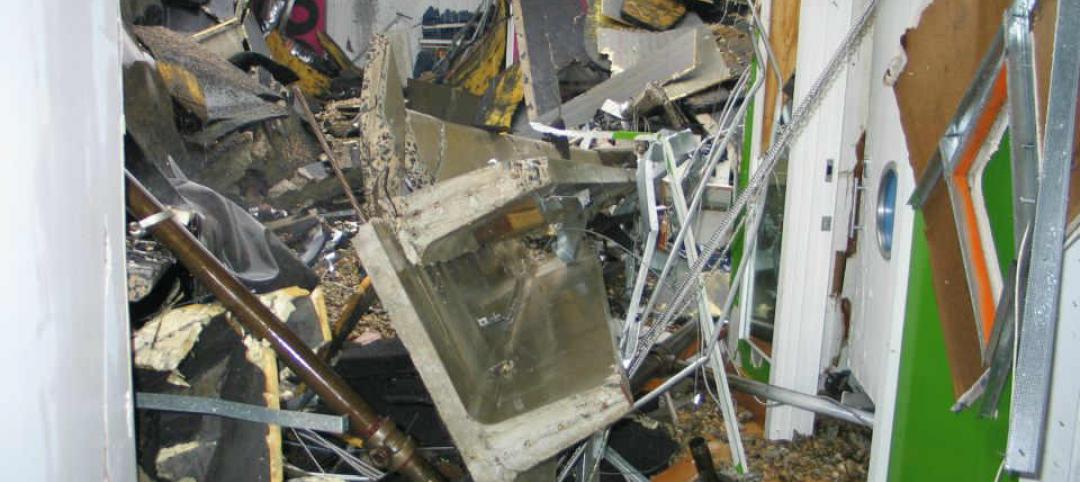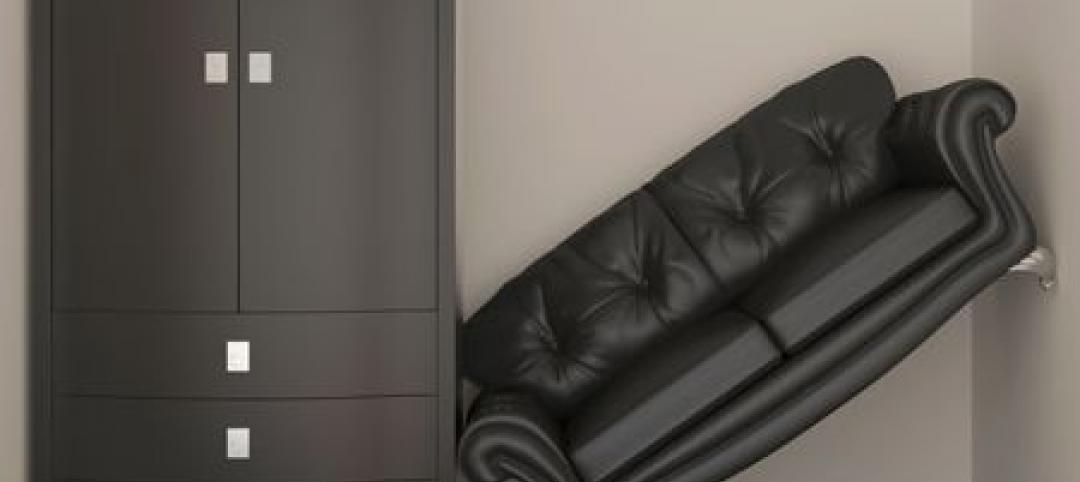Commercial property owners should commit to greenhouse gas (GHG) reduction—a strategy that reaps financial benefits and prevents buildings from becoming stranded assets, according to an energy efficiency consultant writing in GlobeSt.
A systematic drive to reduce emissions across the portfolio will garner savings on energy and water, as well as on levies for exceeding carbon emissions standards enacted by local governments. Decarbonization can avoid “stranded assets … properties that will be exposed to the risk of early economic obsolescence due to climate change because they will not meet future regulatory efficiency standards or market expectations.”
The first step is to set minimum standards for the entire portfolio and efficiency goals for individual properties. Portfolio standards could be performance based (e.g., 10% reduction of all assets by 2030), or prescriptive based (e.g., 100% LED lighting at all assets by 2025).
An energy and water audit, a comprehensive analysis of the property’s energy and water consumption using the ASHRAE Energy Audit Standards, should be conducted at each site. The audit measures energy and water usage, identifies property conditions that may cause excessive use, and provides efficiency measures to improve energy and water efficiency.
Other GHG reduction measures include building automation and controls, retro-commissioning, sourcing green energy from utilities, fully electrifying buildings, and integrating renewable energy systems into the property.
Related Stories
| Aug 2, 2012
Greenbuild summit will focus on greening affordable housing
A two-day summit focused on green building in the affordable housing market will be held Nov. 13 - 14, 2012 in San Francisco, Calif. at the Greenbuild International Conference & Expo.
| Aug 2, 2012
More than 250 downtown El Paso, Texas buildings don’t meet safety codes, says city’s fire department
A total of 726 buildings were inspected for unsafe conditions, and 266 did not meet safety codes, while 112 buildings were found to be vacant and needed further inspection.
| Jul 26, 2012
Wisconsin may establish stormwater storage requirement for green roofs
Green roofs and other green infrastructure would be required to capture stormwater under a draft state wastewater discharge permit from the Milwaukee Metropolitan Sewerage District.
| Jul 26, 2012
SouthPark Mall in Charlotte reopens after heavy rains collapse part of its roof
Code enforcement officials in Charlotte, NC gave the okay for the SouthPark Mall to reopen after two parts of its roof collapsed following heavy rains last week.
| Jul 26, 2012
New NRCA photovoltaic roof systems guidelines released
The National Roofing Contractors Association’s update of its Guidelines for Roof Systems With Rooftop Photovoltaic Components is now available.
| Jul 26, 2012
DOE/ASHRAE design guide aims to cut energy use at hospitals, schools, retail stores
The Advanced Energy Design Guidelines from the Department of Energy and the American Society of Heating, Refrigerating and Air Conditioning Engineers aims to provide ways for hospitals, schools, and large retail buildings to trim their energy consumption by 50%.
| Jul 19, 2012
Bayview Property Managers agrees to record $800,000 building code fine
A San Francisco property-management company has agreed to pay a record $800,000 civil fine for hundreds of building code violations at rental properties.
| Jul 19, 2012
Glass ‘biodome’ helps Parkview Green FangCaoDi project in Beijing achieve LEED Platinum
A glass envelope acting as a kind of biodome encapsulates four mixed-use towers at Parkview Green FangCaoDi, an 800,000 sf mixed-use development in Beijing. The glass structure helped the development to achieve LEED Platinum certification.
| Jul 19, 2012
UMass-Boston's Bevington: 'Financing alternatives crucial to energy-efficiency upgrades'
It’s conceivable that innovation in project finance can do for building efficiency in the coming century what 30-year mortgages did for home ownership in the last, this article asserts.
| Jul 19, 2012
NYC eases building code to create ‘micro apartments’ in Kips Bay
New York City has implemented a program to encourage construction of "micro-apartments" in the Big Apple, where rents are exorbitant and the number of singles is on the rise.
















